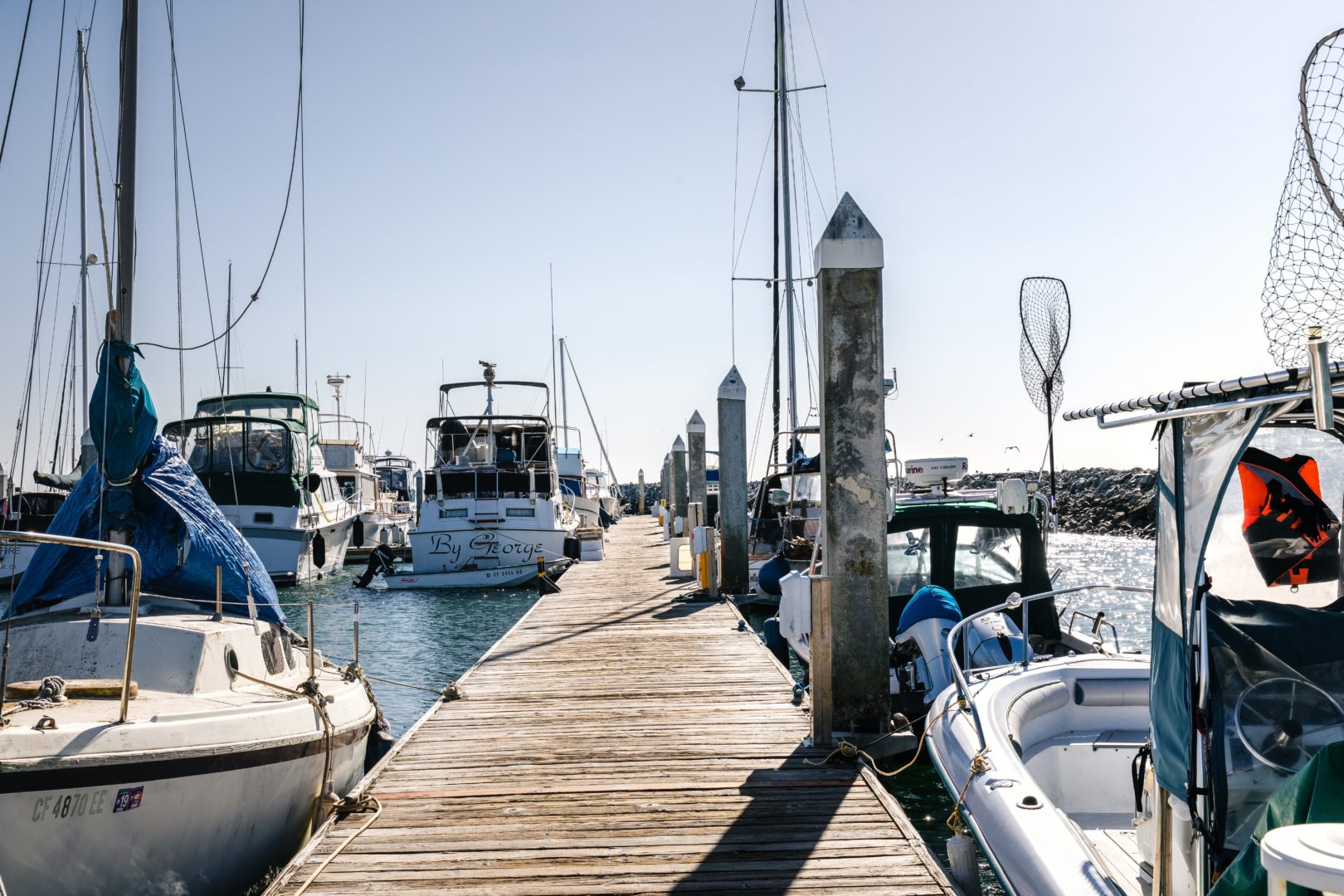
Plymouth Electric Boats Charging Infrastructure
Case Study
The Challenge
Rechargeable batteries are expected to play a significant role in the transition to a more sustainable maritime industry. Fully battery electric or hybrid-electric propulsion (where battery electric systems are paired with another powertrain technology) are being actively researched and demonstrated worldwide. Therefore, the local authorities of port cities must start to consider the best technologies to safely and reliably charge up the electric watercraft of the future.
Plymouth City Council asked Cenex to review existing maritime charging infrastructure, and to develop guidelines for the installation of electric chargers for boats and ferries. Plymouth is leading the way in the UK. A retro-fitted fully-electric vessel, the e-Voyager, is planned to enter service with Plymouth Boat Trips as a passenger ferry. Much of the work done by Cenex was based on the planned route the E-voyager will complete.
The Development
Cenex completed a desk based study of existing maritime battery electric charging technology, and existing maritime BEV charging infrastructure guidelines
The Result
Two public facing reports on the electrification of small maritime vessels were published. In addition, a site selection and compliance ‘check list’ was created for Plymouth City Council staff to use when assessing and installing maritime electric charging equipment.
